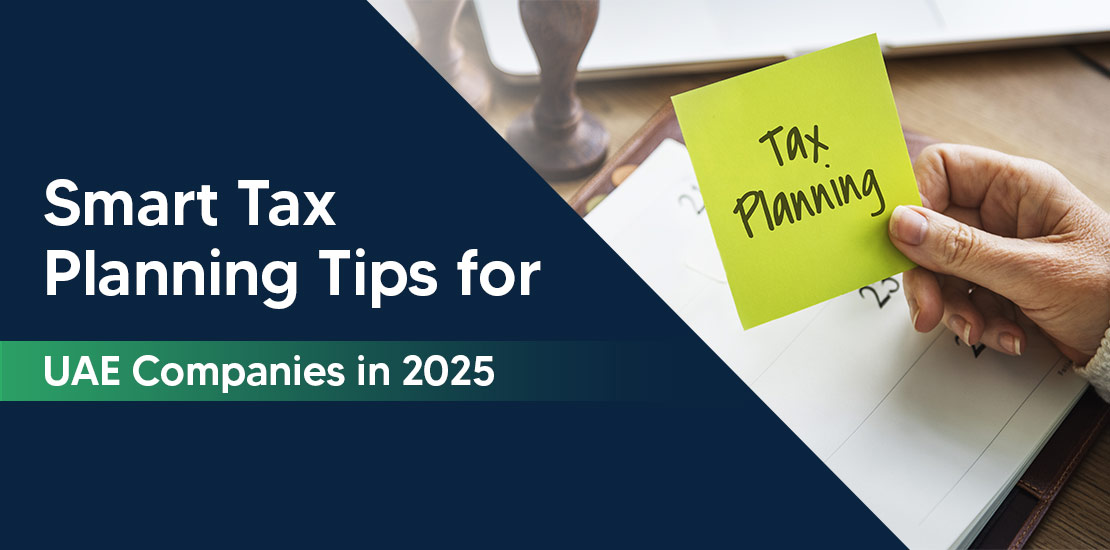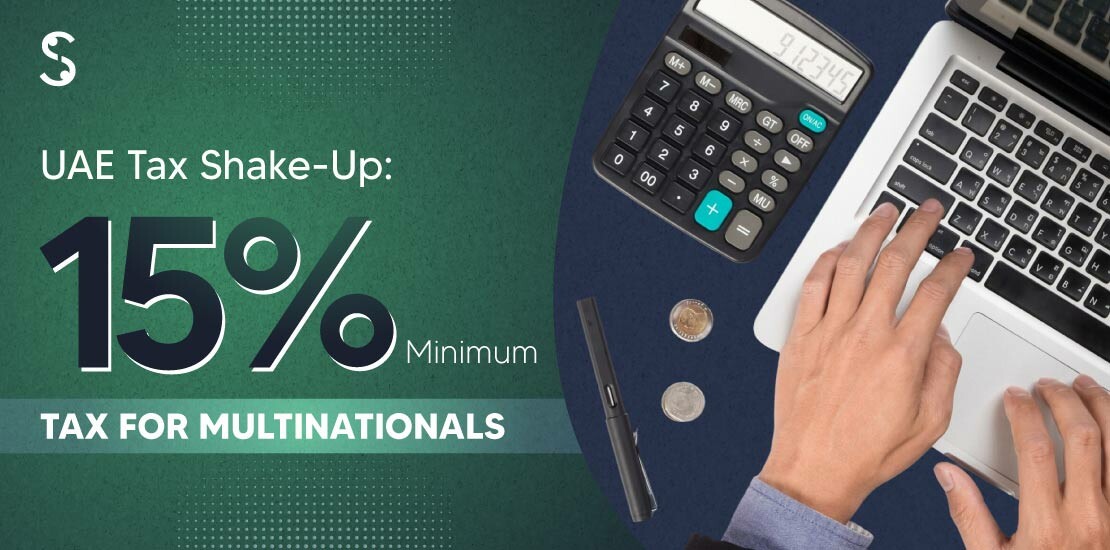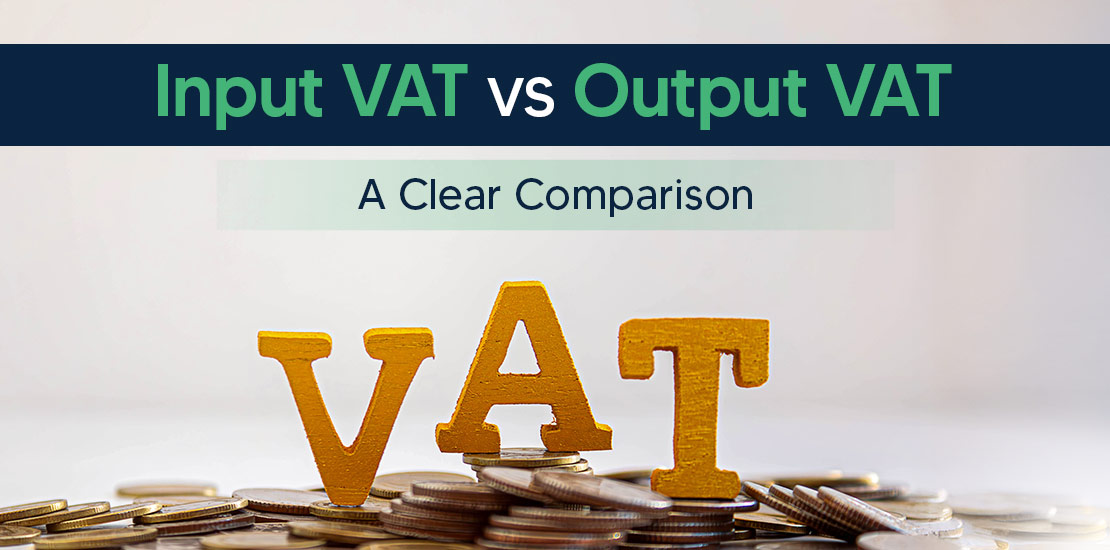Table of Contents
- What is IFRS 15?
- Industries Most Affected by IFRS 15 in the UAE
- Key Principles Governing Revenue Recognition (Five-Step Model)
- Criteria for Identifying a Contract under IFRS 15
- Practical Steps for Contract Identification in the UAE
- How Can UAE Businesses Stay Compliant with IFRS 15?
- How Shuraa Tax Can Help
In today’s fast-changing business world, it’s essential for companies to report their earnings clearly and accurately. One key way to do this is by following IFRS 15: Revenue from Contracts with Customers, a global standard for recognizing revenue. IFRS 15 standard helps businesses know when and how to recognize the money they earn from contracts with their customers.
A big part of IFRS 15 is understanding contract identification, the first step in figuring out when a business should start recognizing revenue. For businesses in the UAE, knowing how to identify a contract correctly is essential for staying on the right side of the law and maintaining good financial practices. As companies in the UAE grow and expand, it’s increasingly important to follow IFRS 15 to avoid potential problems and keep financial records accurate.
Let’s understand why complying with the International Financial Reporting Standard (IFRS) 15 is becoming a must for businesses in the UAE.
What is IFRS 15?
IFRS 15 is an international accounting standard that sets out how and when to recognize revenue from contracts with customers. It was developed by the International Accounting Standards Board (IASB) and became effective on January 1, 2018. The goal of IFRS 15 is to provide a clearer and more consistent way for businesses to recognize revenue across different industries and regions.
The primary objectives of IFRS 15 are:
- To enhance comparability of revenue recognition practices across different industries and jurisdictions.
- To enhance the transparency of financial reporting by providing clear guidance on how to recognize revenue.
- To reduce diversity in revenue recognition practices and improve consistency in financial reporting.
- To improve the relevance of financial information by reflecting the transfer of promised goods or services to customers in a manner that is economically significant.
Industries Most Affected by IFRS 15 in the UAE
Several industries in the UAE are significantly impacted by the implementation of IFRS 15, including:
- Telecommunications: Complex contracts with various services, including voice, data, and broadband.
- Construction: Long-term contracts with multiple phases and revenue recognition over time.
- Technology and Software: Licensing, subscription, and maintenance revenue models.
- Retail: Sales, warranties, and loyalty programs.
- Real Estate: Property sales, leasing, and development projects.
Key Principles Governing Revenue Recognition (Five-Step Model)
IFRS 15 introduces the following five-step model to recognize revenue:
1. Identify the Contract(s) with a Customer
A contract must be legally enforceable and approved by both parties, with clear rights, payment terms, and obligations.
Example: You run a consultancy service provider. When a client signs a contract for advisory services, that contract outlines what services you’ll provide and what the client will pay.
2. Identify the Performance Obligations in the Contract
A performance obligation is a promise to transfer a good or service to the customer. This step involves identifying each distinct good or service that must be delivered.
Example: In the consultancy contract, you promise to provide Accounting, AML & Banking Services. Each of these tasks is a separate performance obligation.
3. Determine the Transaction Price
The transaction price is the amount the company expects to receive for the transfer of goods or services. It may include variable amounts such as discounts, rebates, or performance bonuses.
4. Allocate the Transaction Price to Performance Obligations
If the contract involves multiple goods or services, the total transaction price must be allocated to each performance obligation based on its relative stand-alone selling price.
Example: If Accounting typically costs AED 2,000, AML is AED 1,500, and Banking is AED 1,500, you allocate the AED 5,000 transaction price accordingly based on the services provided.
5. Recognize Revenue when (or as) the Performance Obligation is Satisfied
Revenue is recognized when the company transfers control of the good or service to the customer, either at a point in time or over time, depending on the terms of the contract.
Criteria for Identifying a Contract under IFRS 15
To identify a contract with a customer under IFRS 15, businesses must ensure that the agreement meets five specific criteria:
1. Approval and Commitment: Agreement Between Parties
Both parties must approve and commit to the contract’s terms, whether in writing, verbally, or implied by actions. A clear, mutual agreement is required for the contract to be enforceable.
2. Rights to Goods or Services: Identifiable Obligations
The contract must clearly define what goods or services are being provided. Both the business and the customer should know what is expected from each party.
3. Payment Terms: Clearly Defined Consideration
The contract must specify the payment amount and schedule. This ensures the business knows how much and when it will be paid for the goods or services.
4. Commercial Substance: Expected Impact on Cash Flows
The contract must have commercial substance, meaning it affects the company’s financial position or cash flow in a meaningful way.
5. Collectability: Probable Collection of Consideration
The business must expect to collect the agreed payment from the customer. If there’s doubt about the customer’s ability to pay, the contract may not meet the criteria.
Practical Steps for Contract Identification in the UAE
To comply with IFRS 15 in the UAE, businesses must:
1. Analyzing Contracts in Various Sectors
Analyze sector-specific contracts (real estate, retail, construction) for clear performance obligations. For instance,
- Real estate contracts, like property sales or leases, should clearly define performance obligations (e.g., property delivery or maintenance) and when revenue can be recognized.
- Retail contracts, such as single sales or supply agreements, need to outline the delivery of goods and post-sale services to determine revenue recognition timing.
- Construction contracts, often long-term, should break down milestones and tasks to recognize revenue as work progresses.
2. Dealing with Verbal and Informal Contracts
In the UAE, verbal agreements are common. For these:
- Ensure mutual understanding of terms, including payment and obligations.
- Document verbal agreements in writing (e.g., email) to clarify performance obligations and payments.
- Be cautious, as informal contracts may lack the necessary detail for IFRS 15 compliance.
3. Contracts with Government Entities
Government contracts in the UAE often have specific terms and regulations. When dealing with these:
- Understand special terms such as payment schedules and milestones.
- Ensure the contract meets IFRS 15 criteria, especially regarding collectability and commercial substance.
- Identify performance obligations related to public service or regulatory requirements.
Read Also: IFRS Advisory Services in UAE
How Can UAE Businesses Stay Compliant with IFRS 15?
Compliance with IFRS 15 is crucial for UAE businesses to ensure accurate financial reporting and avoid regulatory penalties. Experienced auditors and accountants play a vital role in helping businesses implement IFRS 15. They:
- Review contracts to ensure all performance obligations and revenue recognition criteria are met.
- Provide guidance on accounting treatments for complex transactions.
- Conduct regular audits to verify compliance with IFRS 15 and other accounting standards.
Non-compliance with IFRS 15 in UAE can lead to significant penalties, including:
- Fines imposed by regulatory authorities.
- Reputational damage and loss of investor trust.
- Legal consequences if financial misstatements result in disputes or fraud claims.
How Shuraa Tax Can Help
Professional services from Shuraa Tax ensure seamless IFRS 15 implementation. Shuraa tax offers:
- Expert analysis of contracts and advice on revenue recognition.
- Customized solutions for IFRS compliance tailored to specific industries.
- Ongoing support to update accounting practices in line with regulatory changes in the UAE.
Trusted audit firms like Shuraa Tax can make the process easier. From reviewing contracts to aligning with UAE regulations, our professional services ensure smooth implementation and help you avoid penalties. Let Shuraa handle the complexities, get in touch today at +971 508912062 or info@shuraatax.com.













